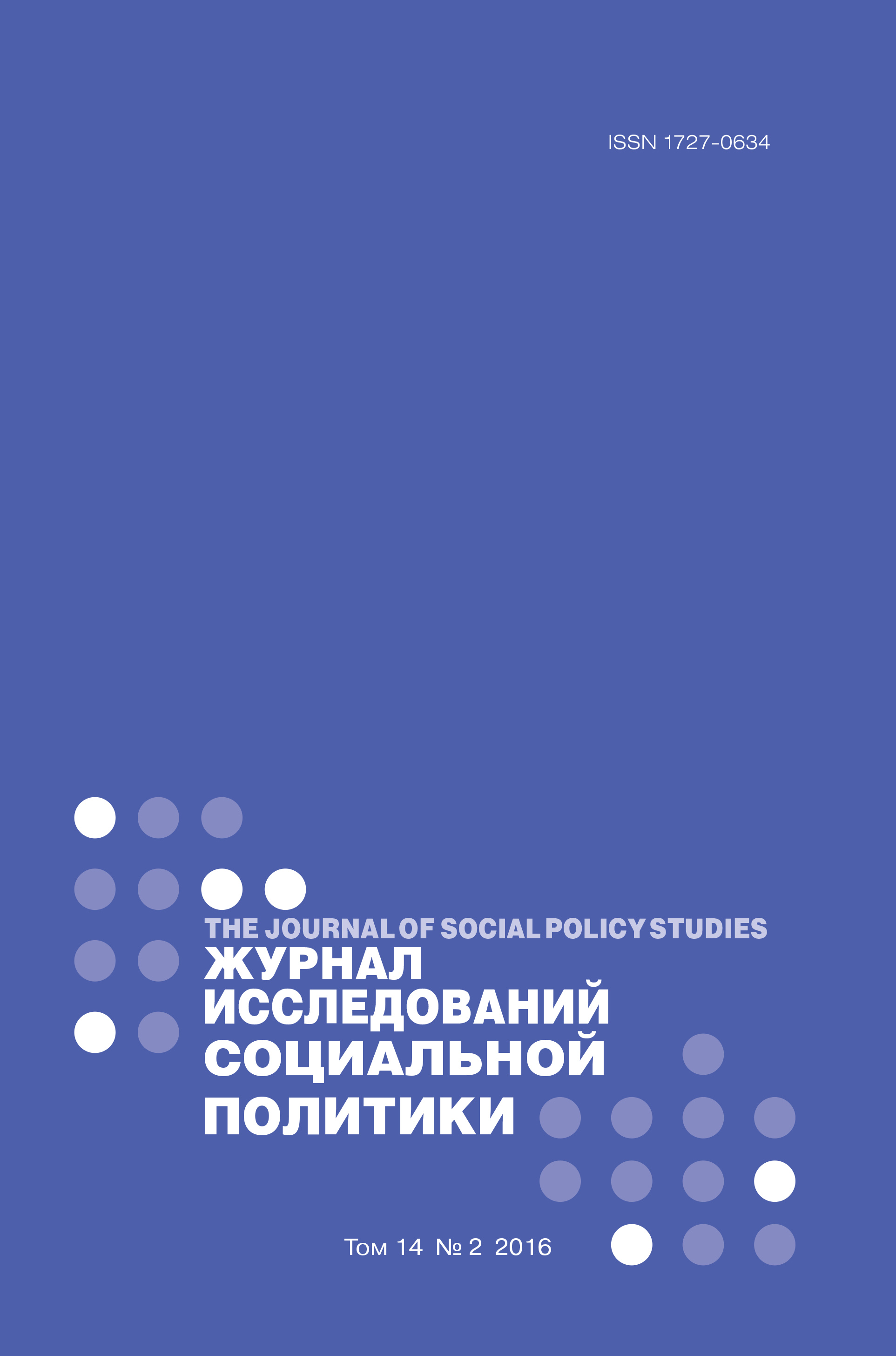Biopolitics, Border Management and the Frame of Humanization of 'Total Institutions': Experiences and Representations of Swedish Immigrant Detention
Abstract
This study addresses the issue of international migration and border management. Specifically, it focuses on the phenomenon of immigrant detention within a framework of humanizing closed institutions. With the help of structural semiotics, I examine the widely debated documentary 'Detained' (2015), which explores sociality unfolding in a detention centre in southern Sweden. I scrutinize four categories of film characters and their interrelationships. Giorgio Agamben’s conception of biopolitics is used to interpret the study results. This theory highlights the fundamental vulnerability of detained non-citizens and explains this as a result of disruption in the linkages between 'natural life' and politics, which grounds the system of modern sovereignty. I argue the film should be recognized as a critique of biopolitical border regulation. It demonstrates that attempts to improve the detention system and its practices along the lines of a more civic model are both fundamentally undermined by the contradictory nature of the confinement ideology and insufficient as long as the very legitimacy of detention as a part of border control remains uncontested. On the one hand, custodial humanism is always fragmented by the organizational priorities of effectiveness and security. On the other hand, the sociality of staffdetainees is deeply framed by the overall regime of border management. As representatives of social activists, the film’s producers are sensitive to the limited effects of the humanization project and attempt to mobilize public opinion to contest practices of policing irregular migration. The study concludes with an emphasis on the need for further research on civil society’s response to the recent immigrant crises and its related policies.















